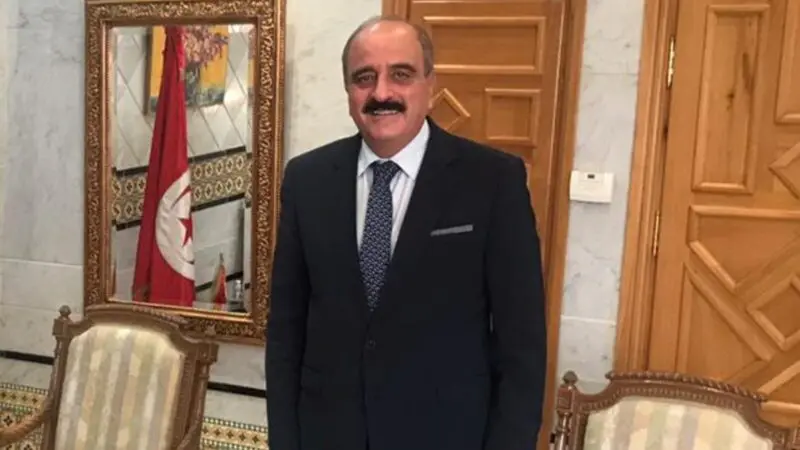Key Takeaways:
- Tunisia rejects any attempts to transform the country into a hub for transit or residence of illegal migrants.
- The Foreign Minister emphasized addressing the root causes of illegal migration through collaborative international efforts.
- Cooperation between Tunisia and the International Center for Migration Policy Development (ICMPD) is actively advancing and strengthening.
Tunisia remains a key player in migration issues, but its authorities are resolute: transforming the country into a hub for illegal migrants is unacceptable. Foreign Minister Mohamed Ali Nafti made this clear during a meeting with International Center for Migration Policy Development (ICMPD) Director-General Michael Spindelegger.
Why Does It Matter?
Amid increasing migrant flows across the Mediterranean, Tunisia’s stance is becoming both a national and regional priority. The country faces a challenge: how to safeguard its borders while adhering to international humanitarian commitments?
What Do the Authorities Say?
Nafti highlighted that cooperation with ICMPD has already yielded significant results in migration management and border security. However, he stressed the importance of addressing the root causes of migration, such as poverty, conflict, and climate change, which requires global solidarity.
Collaboration at the Highest Level
Spindelegger expressed satisfaction with the “excellent level” of cooperation between ICMPD and Tunisia. This partnership facilitates knowledge sharing and the implementation of new approaches to migration management. Tunisia is setting an example for other countries in the region.
Author’s Perspective
In my view, Tunisia showcases a mature and well-thought-out position. In the midst of the illegal migration crisis, it is vital not only to control borders but also to tackle the root causes. At the same time, pressure on the country is mounting, and the international community must actively support such efforts.










